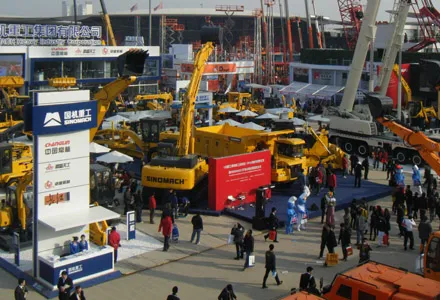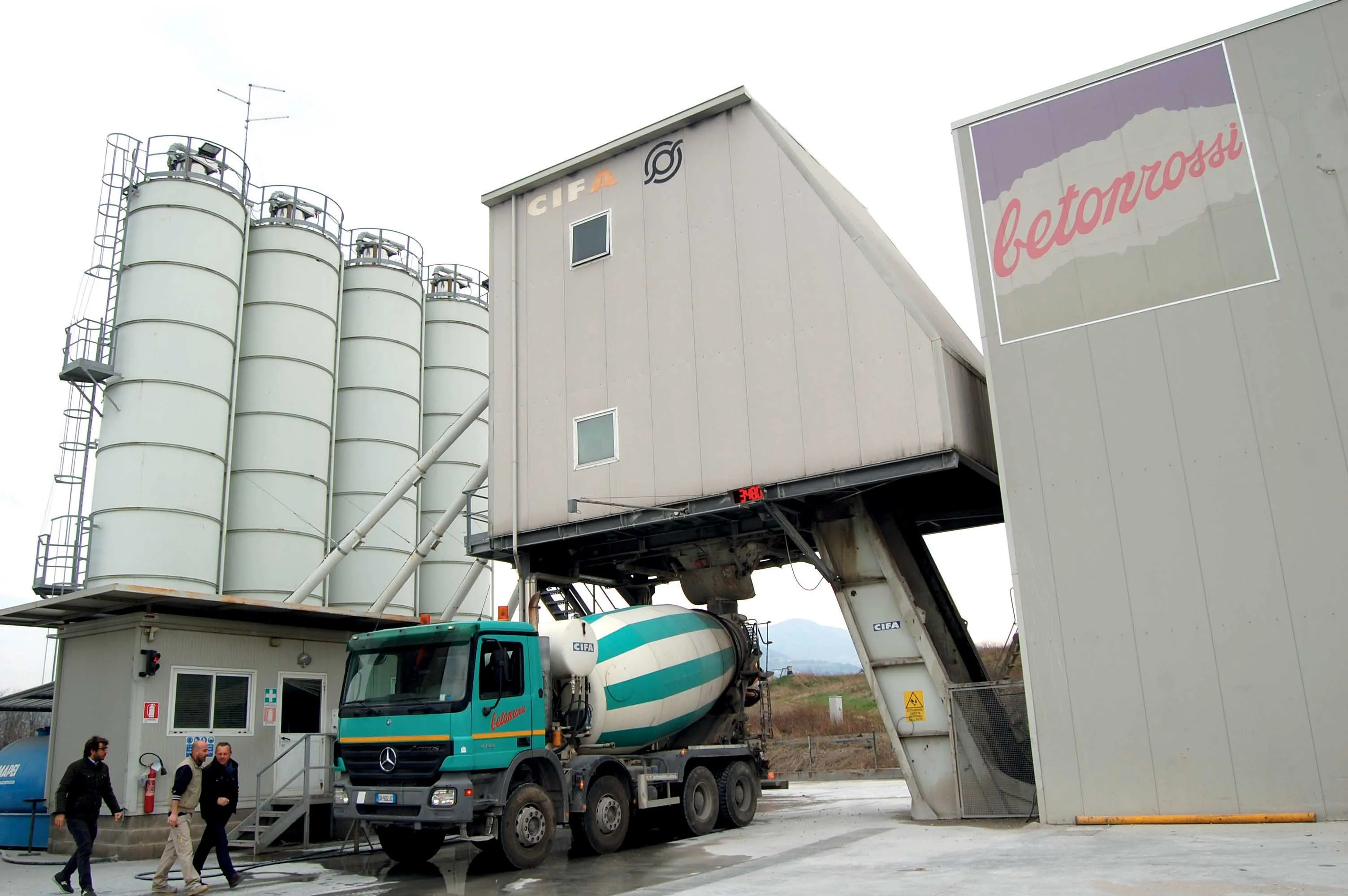
A new shotcreting system from
The new system increases shotcreting quality, while simultaneously reducing the costs of a tunnelling job for the contractor.
Product manager Christof Ziegler explained that the machine features a new design that optimises flow rate and delivery pressure during operation. Ziegler said that conventional double piston pumps used in shotcreting machines will generate pressure and flow variations at the end of each piston stroke, which affect the sprayed surface negatively. The drop in pressure and flow rate lowers quality, generating a layered effect. To prevent this from causing structural issues, contractors typically increase the thickness of the sprayed layer, boosting materials requirements and which may also necessitate additional excavation.
However the new Atlas Copco Meyco system is said to smooth out the pressure and flow rate and prevent layering. This helps cut materials use, delivering significant cost savings. With each 1kg of accelerator costing around €1 and around 2kg required/m3, the savings of around 5% can be substantial. Ziegler estimated that for a small tunnel shotcreting job for around some 25,000m3, material savings of €50,000 could be achieved. For a larger job of around 250,000m3, cost savings of €500,000 could be achieved just on materials alone.
The new equipment ensures a more accurate dosage rate of accelerator, so that the quality of the sprayed layer is further optimised according to Ziegler. He added that this prevents under-dosing for example, which can result in the concrete not achieving its required strength.








